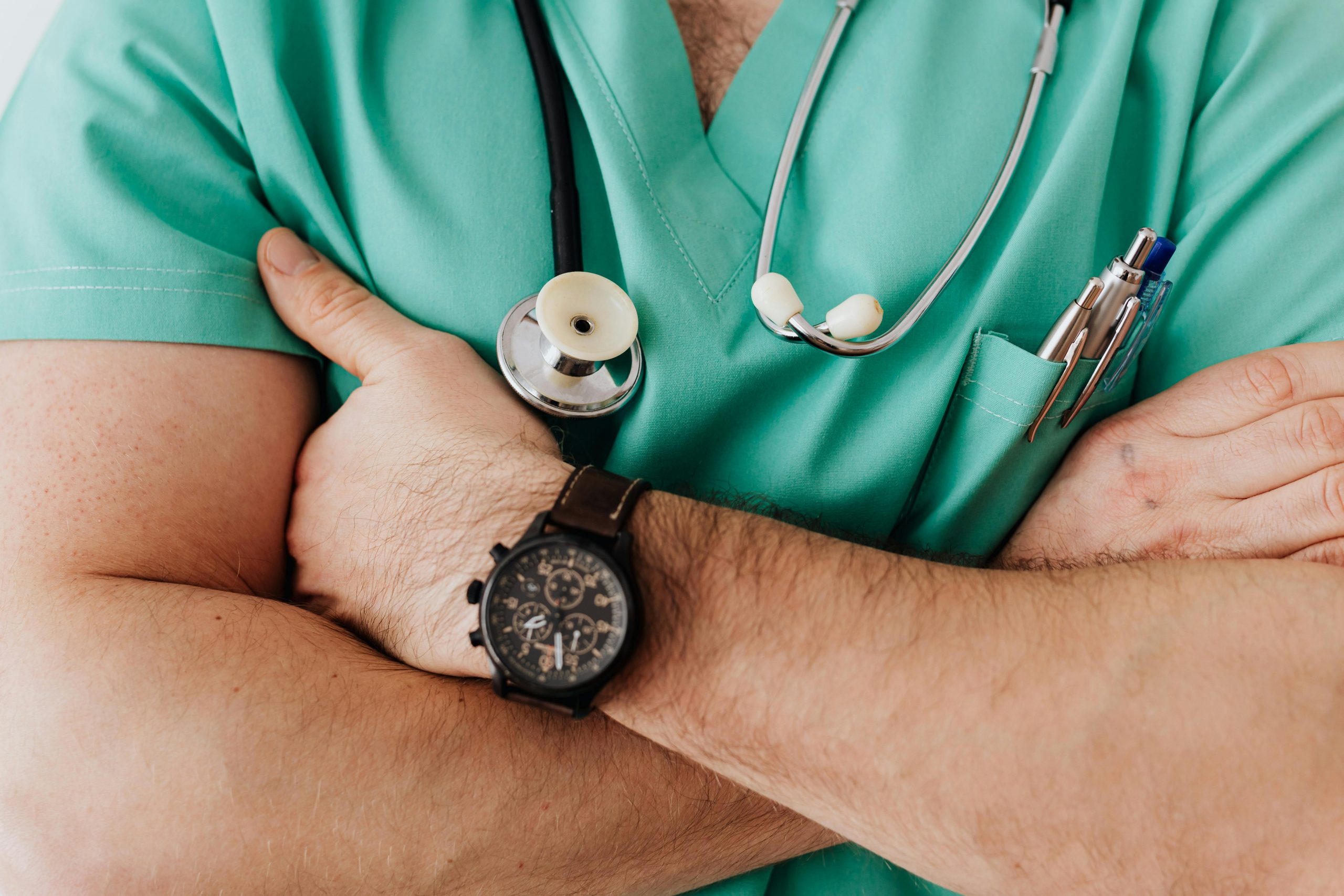
Long-Term Kidney Impact After COVID-19 Recovery: A Closer Look
As we navigate over four years into the COVID-19 pandemic, a recent study sheds light on a concerning aspect—individuals recovering from acute kidney injury (AKI) linked to COVID-19 may need ongoing kidney monitoring even after leaving the hospital.
COVID-19 has been recognized for causing AKI in roughly half of those affected, but what happens to these patients once the infection is no longer present?
The study, conducted at five hospitals within the Yale New Haven Health System network, observed adults admitted and discharged between March 10, 2020, and August 31, 2020. The findings indicate that kidney issues in COVID-19 patients are more severe compared to those with kidney problems unrelated to the virus.
In COVID-19-related AKI cases, kidney function declined more rapidly after discharge compared to patients without AKI linked to the infection. Even after considering other health conditions and the severity of AKI, the decline in kidney function persisted.
Of the 4,339 patients studied, 182 had COVID-19-associated AKI, while 1,430 had AKI not related to COVID-19. Patients with COVID-19-related AKI were more likely to be Black or Hispanic and had fewer other health issues. The decline in estimated glomerular filtration rate (eGFR) in these patients persisted even after adjustments for baseline health conditions.
For the 319 patients who had not fully recovered from AKI when leaving the hospital, there was a significant link between AKI related to COVID-19 and delayed kidney recovery.
In simpler terms, recovering from COVID-19, especially if it involves AKI, may have a lasting impact on kidney health. The study suggests the need for continued monitoring and outpatient follow-up for these individuals. Understanding the long-term effects of COVID-19 on kidneys can guide clinical trials and improve post-COVID-19 AKI management.
Additionally, incorporating innovations like the BUZUD ONE-STEP MICROALBUMINURIA TEST could enhance the precision of outpatient follow-up, aiding in the early identification of kidney issues in those recovering from COVID-19-associated AKI. This simple test could be a valuable tool in managing and improving outcomes for these patients.
DISCLAIMER
All information presented herein serves as a general guideline, and is not intended as dispensing any medical advice(s). User(s) should consult their doctor to seek further clarification for any doubt. It is recommended to refer to this guide with sole discretion, thereby we shall not be held responsible for any part of the information as presented.
REimagined Healthcare with BUZUD Care Experience at:
585 North Bridge Road, #01-02 Raffles Hospital, Singapore 188770
Call: +65 6518 9959 or Email: customercare@BUZUD.com
No Comments
Leave a Reply
You must be logged in to post a comment.
